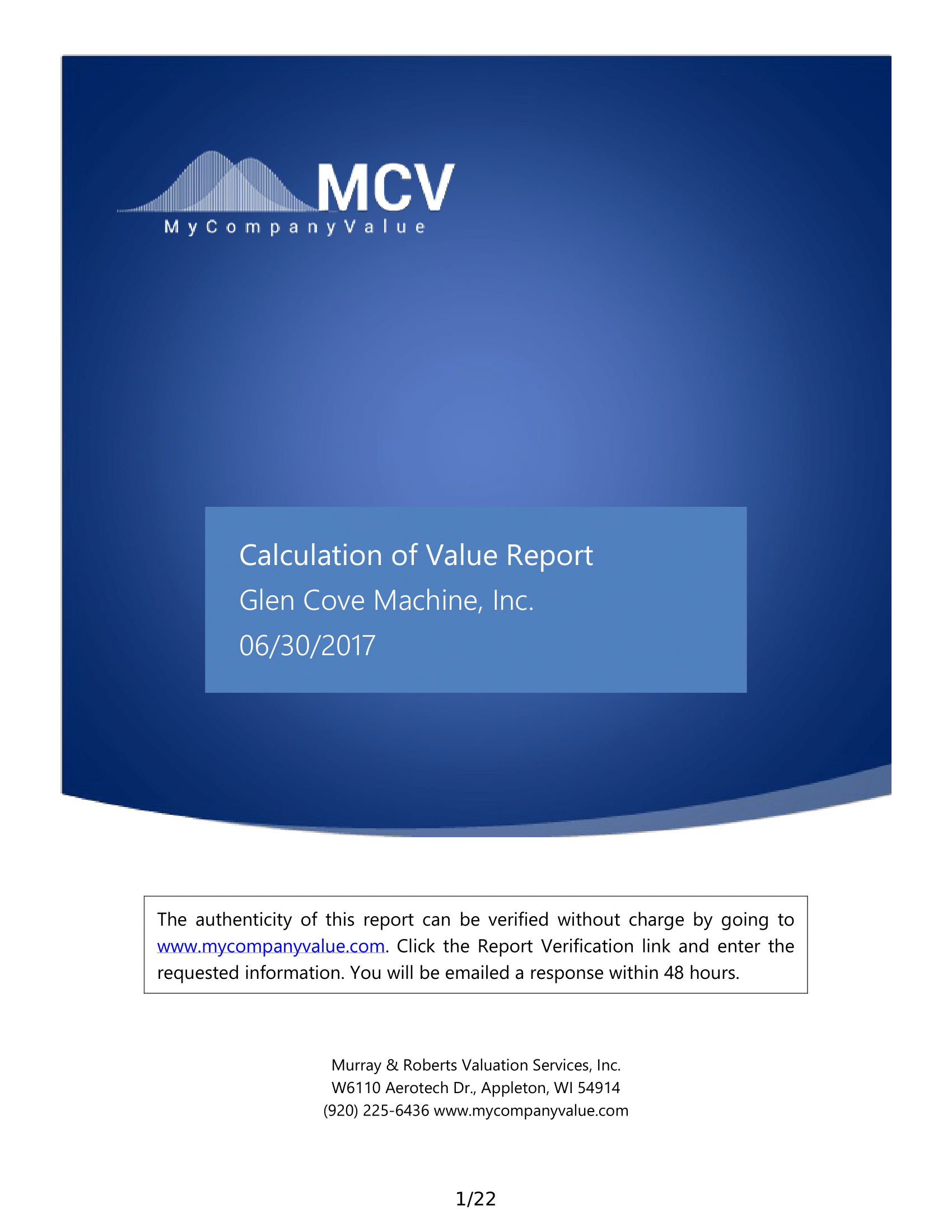Why is it Important to Factor Out Real Estate?

August 8, 2014
First, let’s limit this discussion to companies whose ownership or use of real estate is incidental to their business activity, not companies for whom real estate ownership is central to their business activity, such as a developer or real estate holding company.
One of the key principles in business valuation is risk: the risk perceived by investors associated with a particular asset or asset type (and the cash flows it produces) will determine the rate of return required by investors to induce them to take on that risk.
Broadly speaking, real estate – as an asset class – generally enjoys a lower perception of risk and a lower required rate of return than an operating business. If a lower rate of return is required from an investment, the investor will be willing to pay more for it than they would for another higher risk asset with the same income producing capacity. Lower risk equals higher value.
The primary reasons real estate is seen as lower risk are intrinsic value and marketability. Real estate has an intrinsic value, which can be identified regardless of how that real estate is being used at any given time. Businesses, on the other hand, usually include a component of ‘goodwill’ in their value – often referred to as blue sky – which places the enterprise value higher than the sum of the intrinsic value of the assets used by the business.
Real estate, in part due to its intrinsic nature, also has a well-developed market, where values, sellers, and buyers are identifiable. Businesses have different values to different types of buyers, and have a significantly less developed marketplace. Most operating businesses are less liquid than real estate.
If we attempt to value a business with the real estate, we are blending two asset types into one valuation, which may result in a portion of the earnings being over-valued or under-valued. It would also be wrong to value the business with the real estate, and then attempt to subtract the real estate appraisal value from the total value.
The real estate must be ‘adjusted out’ of the business financials, and appraised separately. How is this done? It is very simple to do in most cases. On the balance sheet, the building (at cost, as well as any associated accumulated depreciation) and land are removed from assets. Any mortgages associated with the buildings or land are removed from the liabilities. On the income statement, depreciation from the building is removed from expenses, interest on the mortgage is removed from expenses, and a new deduction for a triple net lease payment is added to expenses.
A triple net lease requires that the tenant pays all expenses related to the building, including utilities, maintenance, insurance, and property taxes. These leases have historically averaged 9% of the fair market value of the real estate per year. This is called a capitalization rate, or ‘cap rate.’ In periods of low long term interest rates cap rates have averaged 6.5 – 7.5%. The more specialized the property is, the higher the cap rate will be. Office and retail space usually has the lowest cap rates (because tenants are easier to replace), while specialized industrial sites will require 10-20% higher than average, depending on the degree of specialization. Currently cap rates are between 6.5%-7.5% for most commercial real estate.
After these adjustments are made, the cash flows of the business will not be influenced by the real estate investment, and the business can be valued separately from the real estate it owns.
Brian Murray CPA/ABV, CVA specializes in business valuation, merger and acquisition consulting, and has served as an expert witness in court.

BRIAN MURRAY CPA/ABV CVA
Company founder Brian Murray CPA/ABV, CVA (Accredited in Business Valuation, Certified Valuation Analyst) has been in public accounting since 1997. Prior to that he was in finance at Kimberly-Clark Corp., audit at M&I Bank Corp., and accounting manager at Browning-Ferris Ind. Brian's areas of specialty are estate and trust tax and business valuation.Brian's community involvement includes: serving as Treasurer of the Salvation Army Fox Cities, serving on the Board of Directors of the Fox Valley Humane Society, serving on the Board of Directors of Big Brothers/Big Sisters, serving on the Board of Directors of the Wildwood Film Festival, and serving on the Board of Directors of Mothers and Unborn Baby Care. Brian also volunteered as a Big Brother for four years, and for United Way's fundraising campaign for multiple years. Brian and his family live in Neenah, WI.
Brian has been consulting clients regarding business value and merger & acquisition transactions since 2000. The majority of the valuation reports written were to aid a buyer or seller in a transaction or negotiation. Brian has often served as lead negotiator for prospective buyers or sellers.
Brian has served as an expert witness in corporate litigation cases as well as divorce, and has performed valuations for estate and gift tax returns, and estate planning.
